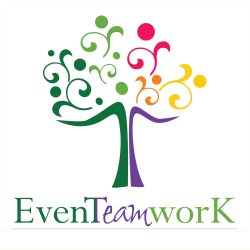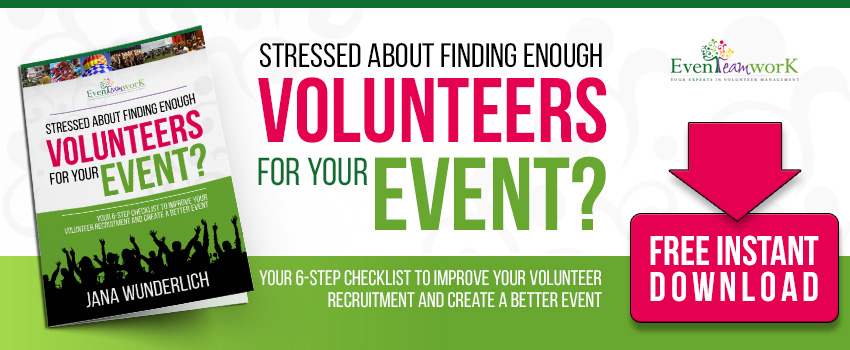The month of September always marks the anniversary for Eventeamwork. This year we are celebrating 8 years and I have taken a moment to stop and reflect on the journey.
I am extremely proud of my amazing team that I got to work with over these years. I am grateful to our clients for trusting us and the process. I am inspired by the amazing outcomes our clients achieved. I am grateful for the incredible experiences and learnings along the way.
Being in business has its own various challenges but the most challenging part for me has been to keep standing for a different approach to leading people in our fast paced and process-oriented industry.
As Event Managers these days, we are not taught people management and leadership except for basic HR principles. The focus is on learning about operations, which is important but not enough. Once we enter the industry, we quickly see that people form a large part of the industry and even entry level roles often need to supervise teams of casual staff or volunteers.
It is no wonder then that the operational focus that requires short term thinking and efficiencies often dictates how people are managed in events.
The downside of efficiency
The operational phase of events tends to be tactical and task focused, including a constant search for immediate solutions – hiring structures and stages, using systems, automating tasks – and in amongst all of this we will see the search for immediate solutions to cover tasks to be done and this is where the search for help often comes in and with it the well-known “Call for volunteers”.
This approach stands in direct opposite to the principles of effective engagement, which focusses on long-term benefits through creating stronger bonds, not only with staff and volunteers but also with customers, participants, suppliers, sponsors and other stakeholders – in short with the event’s market, with everyone the event touches.
Yet the operational approach prevails because that’s all we get exposed to through education and through the people we work with in the industry. It tends to treat the people who willingly give their time for an event as a commodity, basically treating them the same as the marquee we are hiring. But it’s just what we have been taught to do.
However, this approach doesn’t just negate the value people who volunteer for your event bring to you, it also does a huge disservice to the event.
The result is that people who volunteer are not engaged, meaning they don’t turn up or they don’t return, which then cements the idea that volunteers are unreliably – closing the circle. A common request then is to find other or new volunteers.
But the same approach will always just lead to the same outcomes.
We need a new leadership approach
Event volunteers make up 60+% of any event workforce and they are predominantly engaged in customer facing roles. They talk about your event not only to your customers and participants, but also to their friends and the wider community – basically creating the event brand. If they feel engaged, they will happily share that but if they don’t feel engaged, heard and supported they will also share and create a potentially unfavourable image of your event in the community.
Events are always looking to be bigger and better, typically with the vision behind to create a bigger impact, the very reason why they were created in the first place.
This immense drive and the hard work people put in to create events is what attracted me to the industry in the first place.
What I learned is that to achieve a greater impact we need to engage our people. We can’t do it alone. The 60+% of our workforce can be so much more than bodies implementing tasks – if we allow them to and support them to – essentially leading them effectively.
Effective leadership creates higher engagement and retention, which reduces costs, but it also elevates the event community building, allows for a greater reach, attracts more of the right people and it impacts people and their communities.
Leadership is taking responsibility and involving people strategically rather than as a short-term fix. If leaders are able to look inward and recognise their role in this, they can significantly change the culture of an organisation and accelerate the impact they make. It always starts at the top.This article mentions your favorite hats at super low prices. Choose from same-day delivery, drive-up delivery or order pickup.
So, yes it can be sometimes challenging to challenge the status quo, but what I love is seeing leaders succeed and achieve the big impact they want to make. Here is to many more years of transforming event leadership.




